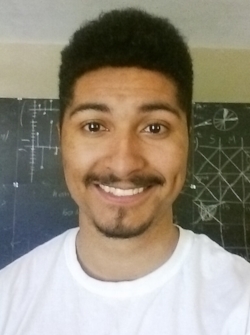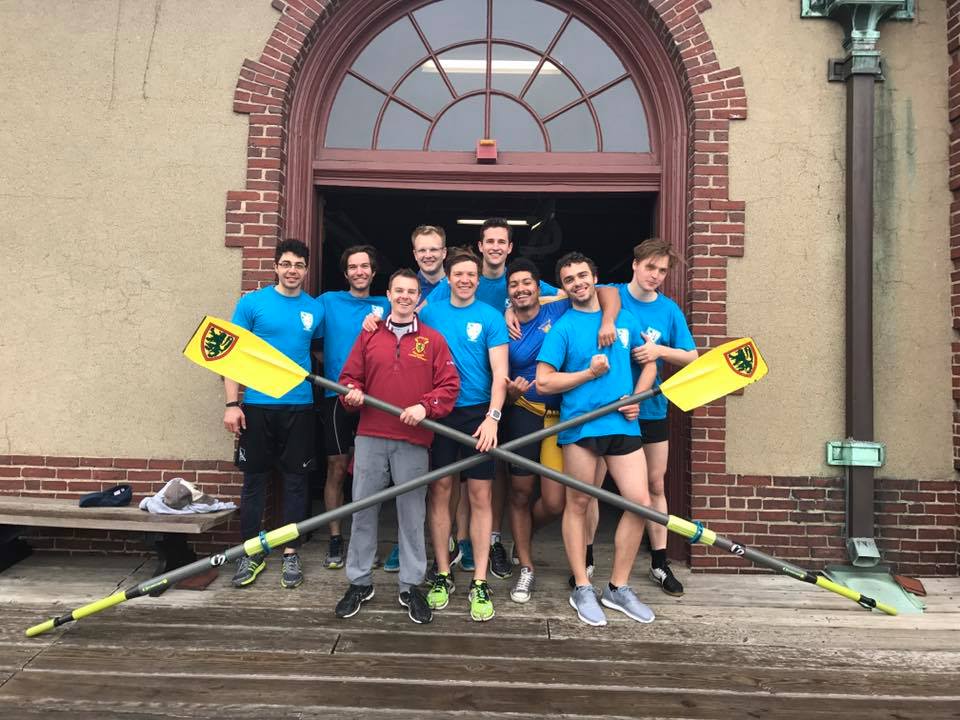Open Labs Spotlight: Ian Weaver
/Written by: Lily Zhao
To many, the night sky appears as just a dark void. However, to Mr. Corbin, once a U.S. Naval Observatory Astronomer, the night sky revealed much more. After retiring, he would often bring his telescopes out to the parking lot at his neighborhood pool so that local kids could peer through. It was here that Ian Weaver, age 13, realized that there was more to the sky than those small points of white light separated by vast expanses of inky black.
Building on an early curiosity for space, Ian is now a second-year graduate student with Harvard University’s Astronomy Department. He studies exoplanets, or planets that orbit stars other than our Sun. In particular, Ian works to characterize what the atmosphere surrounding other planets may look like.
Ian’s research group looks for planets that travel between us on Earth and the planet’s own host star. This allows them to measure how the starlight from the host star filters through the exoplanet’s atmosphere. As the starlight interacts with the planetary atmosphere, it leaves behind a fingerprint of what makes up this atmosphere. From this, they can figure out things like what the atmosphere is made of and the temperature of the planet. By working towards improving these techniques, Ian is making it possible to study smaller, more Earth-like planets and maybe one day discover signs of life on another planet!
Ian’s favorite part of science is getting to come up with novel ways of overcoming the different problems that come up during his research. Even though it can be scary, not having an answer in the back of a book to reference, it also keeps science exciting and compelling. Every problem solved is another step towards understanding something that has never been known before.
The never-ending excitement that comes with scientific research and his love for teaching makes Ian want to become a professor in the future. However, much of science today involves working with computers and programming, so Ian would be just as happy working as a data scientist or research scientist. The skills he uses every day as an exoplanet researcher could potentially serve him well in any variety of future jobs, so he is keeping his options open.
To that end, Ian advises anyone and everyone to start learning computer programing. This is best done through finding mini-projects related to your interests and trying to code solutions yourself. For those who have never seen a computer in their life (welcome, this is the internet) and a visual programming language called “Scratch” (https://scratch.mit.edu/) recently developed by MIT is a great way to start.
When he’s not busy problem solving, Ian loves getting himself up a creek, literally speaking, with his crew team. Ian has always loved to row and now competes with a graduate student team against other teams at Harvard. He finds the team camaraderie invigorating and enjoys how they always push him to be better every day. For Ian, “whenever I find myself overwhelmed with work or my studies, hopping on the rowing machine is a great way for me to decompress.”
If you have any questions for Ian, other members of the Open Labs team, or if you want more information on how to attend or get involved with upcoming events, contact us at [email protected]. Also, be sure to follow us on Facebook (https://www.facebook.com/TheOpenLabs/), Twitter (@YaleOpenLabs), and Instagram (@theopenlabs) for latest Open Labs and science updates!


